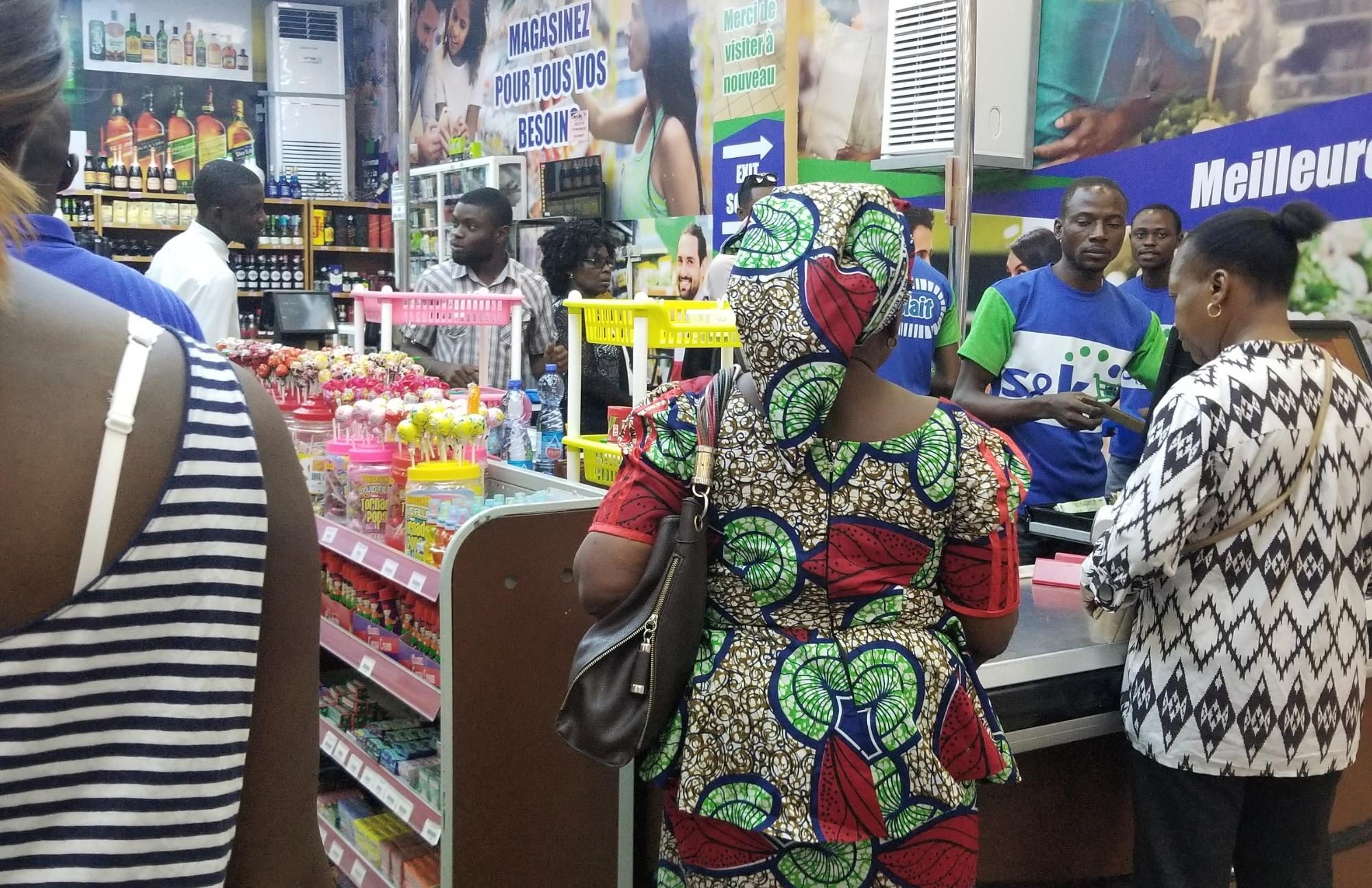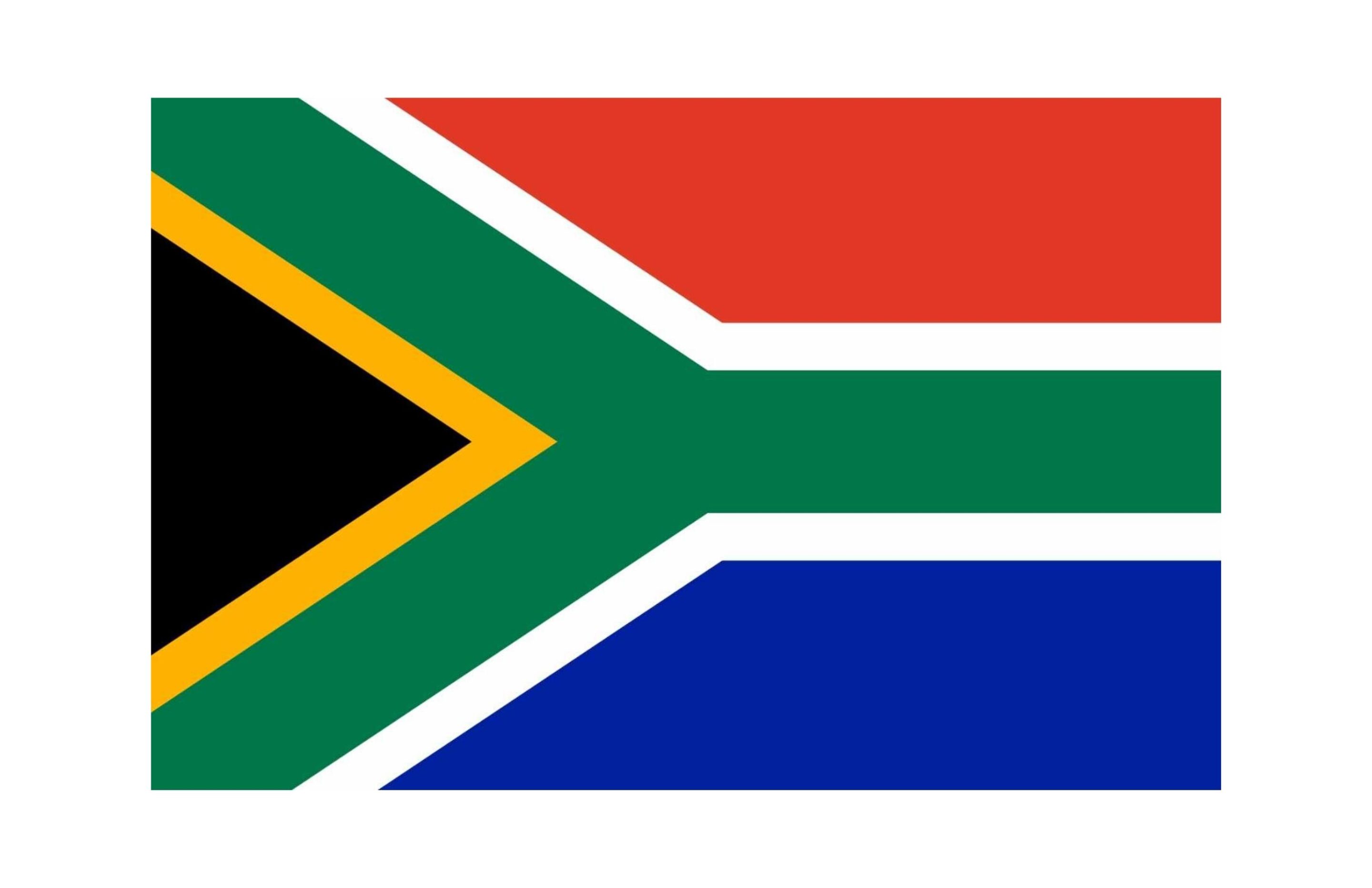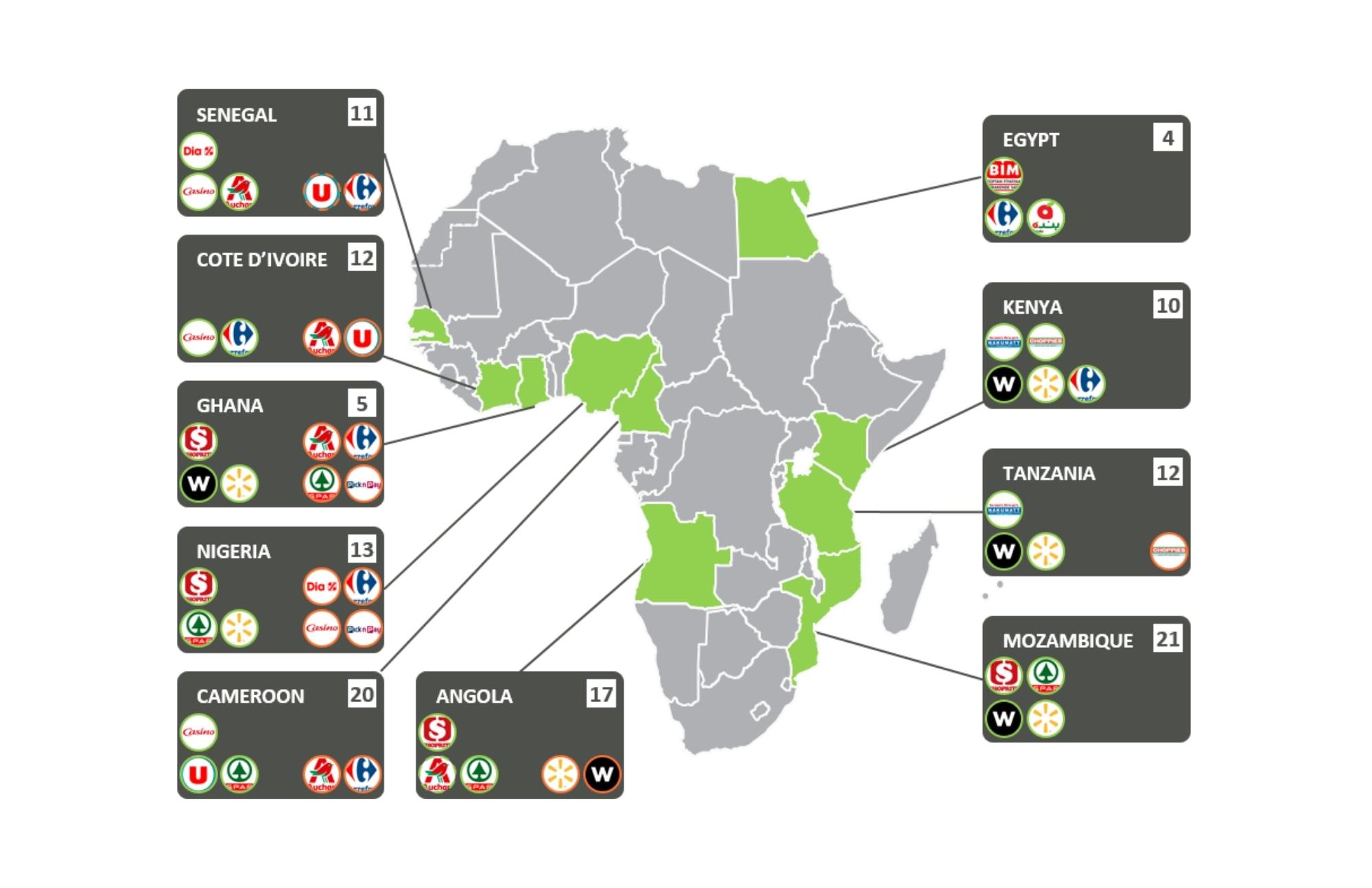The Saudi government has just announced that the first alcohol retail store in the kingdom will open shortly. The sale of alcohol has been banned in Saudi Arabia since 1952, after an incident that resulted in the murder of a British diplomat. Saudi Arabia, home to both Mecca and Medina, remains a religiously observant Islamic country although its Vision 2030 national strategy to create a post-oil economy calls for some liberalisation of laws and social codes.
How alcohol retail will work in Saudi Arabia
The new single alcohol store will be sited in the capital Riyadh’s Diplomatic Quarter and will be available for use only by non-Muslim diplomats. It will replace the importation of alcohol by certain embassies in diplomatic mail, which in turn serviced a very limited black market. Authorities typically turned a blind eye to alcohol consumption in diplomatic and expat compounds on the condition that it was behind closed doors and out of sight. Even so, alcohol is hard to come by and very expensive.
The Saudi government will reportedly impose new restrictions on alcohol imports by diplomats with a new system of quotas for alcohol for non-Muslim embassies.
These changes do not instantly open up a new and exciting market for alcohol. They create a single alcohol store, due to open in February or March 2023, servicing the diplomatic community only. The apparent liberalisation formalises an existing pattern of consumption. Saudi Arabia’s government needs to position its liberalisation policies for a domestic audience. As such, the changes are described as dealing with the illicit trade in alcohol.
Authorization for entry to the new alcohol store and purchases must be validated through a new app called Diplo. Individuals using the app must be approved by the Saudi Foreign Ministry. Alcohol purchases are subject to a monthly quota system for each registered individual.
In practice, the opening up of alcohol sales is an important test run for liberalising a major social taboo. Assuming success, we expect that a new process to enable expatriate executives to purchase alcohol will follow but will also be subject to a licensing process and quotas. Consumption will be legal only within expatriate compounds. The rollout of other alcohol stores will be extremely limited, tightly controlled, likely by a de facto monopoly.
Alcohol retail will not be allowed on main streets, there will be no alcohol advertising or outward facing materials depicting alcoholic drinks. Alcohol consumption will continue to be banned in public and public displays of drunkenness viewed and dealt with very harshly.
The broader context of liberalisation
The next step along, also crucial to Saudi Arabia’s Vision 2030 to become the leading economic hub of the Gulf region, would be to enable sales of alcohol in hotels and restaurants. The timeline for this is not given, requires considerable softening of attitudes because it takes alcohol consumption out of the home, and would accompany the development of tourist resorts where, for example, women could freely use the public swimming pool or mix with men.
Saudi Arabia wants to open up its country to prepare for a post-oil economy, just as the United Arab Emirates has. Efforts to coerce or tempt multinationals to site regional headquarters in Saudi Arabia have been mostly unsuccessful and the government has recognised that unless executives and their families want to move to the country, the talent pool will be limited. Similarly, it cannot create a non-religious tourist economy without relaxing social codes. Issues such as what women can do and wear and attitudes towards alcohol form an important part of this. The Marriott Hotel chain has signed a deal to open three hotels on Saudi Arabia’s flagship Sindalah Island project, part of the Neom city development. It’s a much more attractive prospect if the resort isn’t dry.
The key question is pace: the House of Saud’s liberalisation has to be achieved at a pace which preserves the religious nature of the country and the appearance of religious propriety. But at the same time, it cannot afford to move too slowly. Saudi Arabia has already seen the UAE emerge as the logistics, transport, leisure and commercial centre of the Middle East.
Furthermore, analysts debate if we have reached peak oil demand already. In 2023 the IEA declared that peak oil demand was in sight already and that the use of oil for transport fuels is set to go into decline after 2026. Saudi Arabia doesn’t get to determine the timing of the post oil economy and it knows that.
The future of alcohol retail in Saudi Arabia
In summary, Trendtype expects the sale of alcohol in Saudi Arabia to continue to liberalise and follow the model set by the UAE (very limited distribution in off trade and managed usage, consumption in the on-trade mostly limited to compounded resorts).
We do not expect any companies to be licensed to brew, distill or make alcoholic drinks in Saudi Arabia. The market will be import only. In terms of distributors, Saudi Arabia may opt for an alcohol distribution monopoly or invite a small number of companies to tender for distribution contracts. We think Saudi companies are unlikely to want to bid for these contracts.
In terms of size and shape, Saudi Arabia will primarily be a premium spirits market, with a much smaller beer and wine market. The size of the market will be determined by non-religious tourist arrivals rather than calculable as a per capita consumption metric.
The beer market will favour a small number of big global lager brands. The wine market is likely to be more diverse with a very strong premium end but also a larger “affordable” segment also favouring wine conglomerates with broad, mainstream portfolios. Alcohol will be taxed heavily and therefore wine that starts life as affordable in Europe, South America or South Africa will be relatively expensive in Saudi Arabia.










